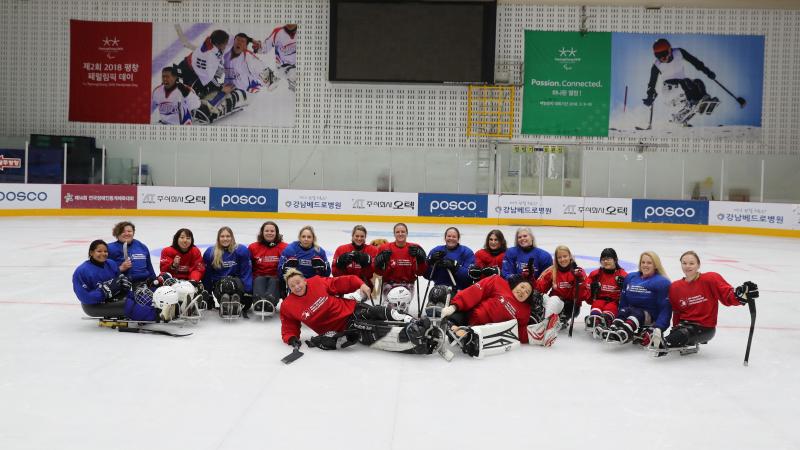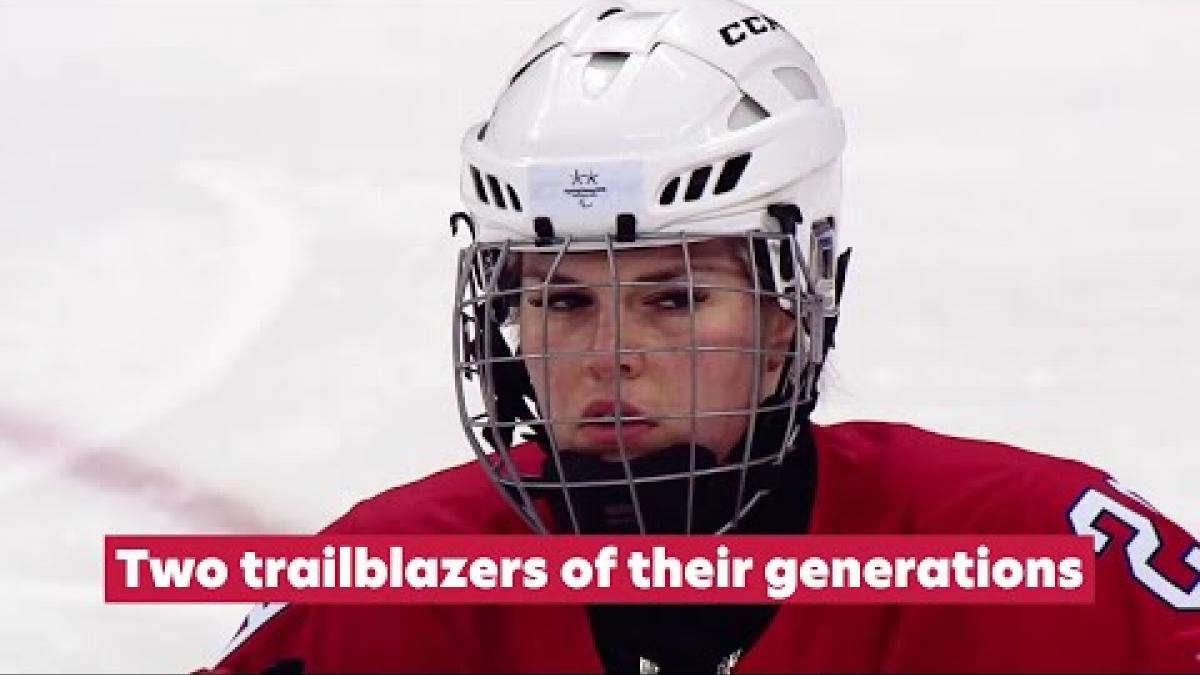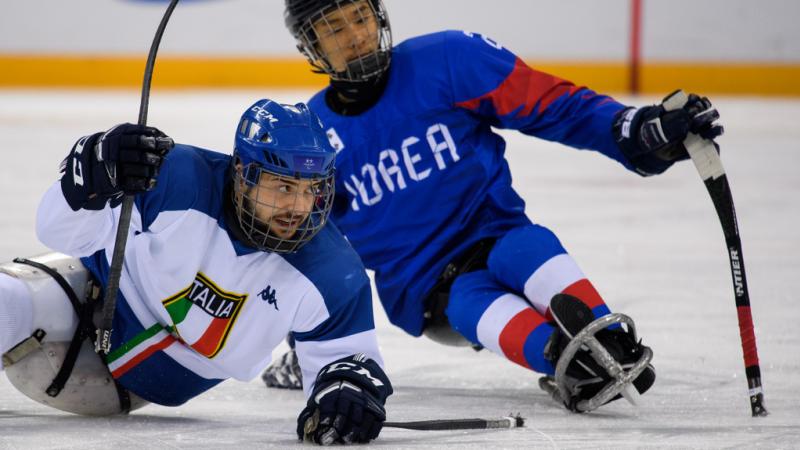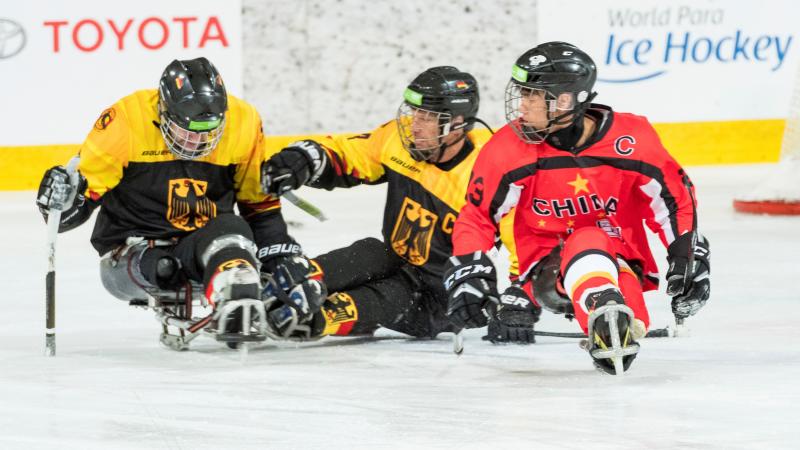'Women need to see women playing,' Poynton
Australian coach and World Para Ice Hockey Technical Advisor on a mission to grow the female side of the sport 15 Mar 2021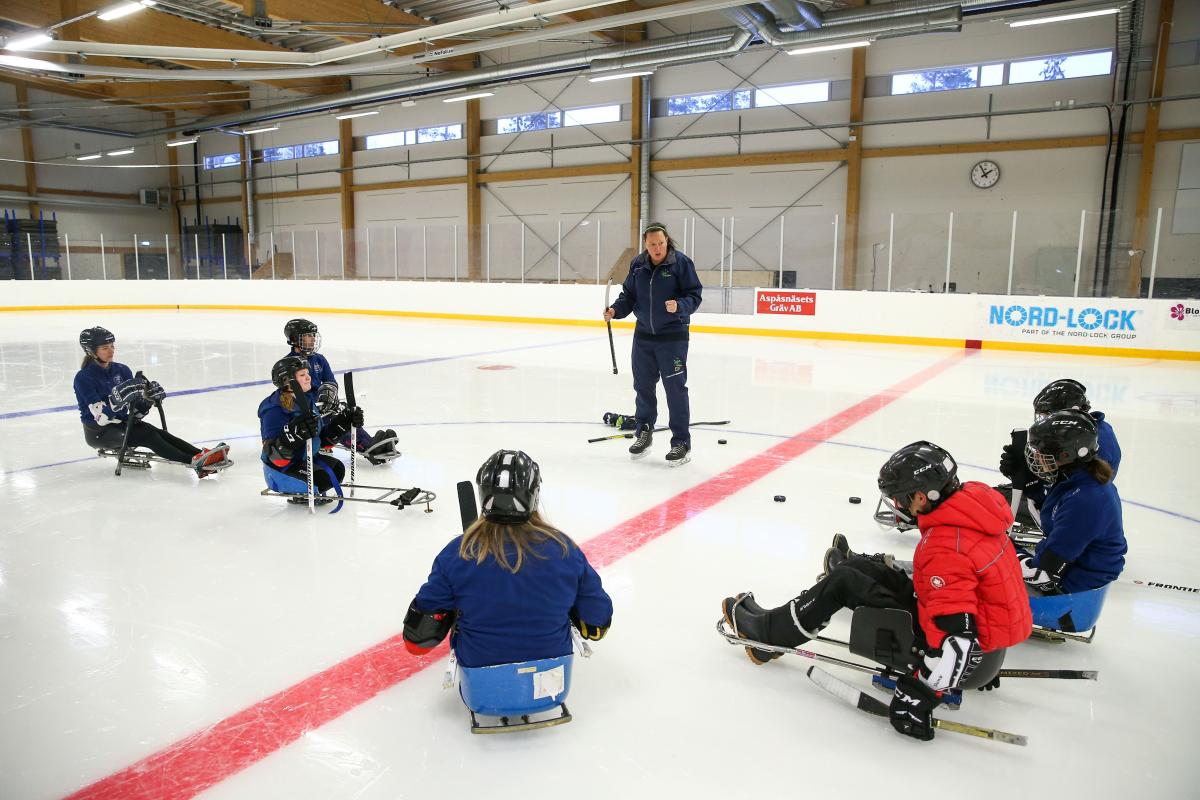
Emma Poynton worked as an ice hockey coach in Australia when in 2017 she was asked by Paralympics Australia to attend World Para Ice Hockey’s ‘Actualizing the Dream Project – Road to PyeongChang 2018’ women’s development camp in Chuncheon, South Korea.
It was at this camp, developed by the PyeongChang 2018 Organising Committee in partnership with the IPC’s Agitos Foundation, that Poynton was introduced to athletes, coaches and managers in the sport.
It was an eye-opening week for her, during which she began to realize the strength, camaraderie, and growth potential of women’s Para ice hockey.
Fast-forward four years, and Poynton now serves as World Para Ice Hockey’s Technical Advisor with a focus on developing nations and the women’s side of the sport. She additionally now works as the Australian Para ice hockey team’s general manager.
Together with the Agitos Foundation, she helped lead the 2018 Women’s World Cup in Ostrava, Czech Republic to build the sport’s network, in addition to helping lead multiple development camps.
“It’s no surprise the idea of women playing Para ice hockey often is met with a reaction of surprise, as it’s not well-known women can play too,” Poynton said. “Following the surprise is often curiosity. The women’s sport needs to grow its general global awareness, then its grassroots participation numbers, followed by elite pathways and competition opportunities.”
Poynton is helping grow the women’s side of the sport through three distinct pillars: networking, awareness and future tournaments.
She is forming a worldwide network of nations who are all actively working on recruiting for and developing their own women’s Para ice hockey programmes. This includes athletes, coaches, managers and mentors, and she hopes new recruits will lean on the experiences of more senior female athletes in the sport.
Awareness is a major factor, as “women need to see women playing Para ice hockey,” she said.
“This is the single most important marketing tool. If you can see it, you can then aspire. More online media attention and discussions promoting the fact that girls can play Para ice hockey is important, too.”
In regard to future tournaments, she is actively working with World Para Ice Hockey to add women’s tournaments and camps to the calendar with the goal of eventually seeing a women’s tournament alongside the men’s at the Paralympic Winter Games.
After working at the 2019 World Para Ice Hockey Championships in Ostrava, where tens of thousands of spectators were cheering on the athletes, Poynton’s dream is to one day bring that over to the women’s side of the sport, too.
“The energy and noise coming from the spectators within the stadium was exhilarating,” she remarked.
“To witness Czech national team player and captain Michal Geier score the game’s opening goal against the USA, in front of a maximum capacity home crowd of 9,000 spectators, and witness the entire stadium erupt with adulation was something that had been unpredicted in Para ice hockey prior to this moment.”
In due time, Poynton hopes to help the women’s game break barriers and surpass all predictions, too.
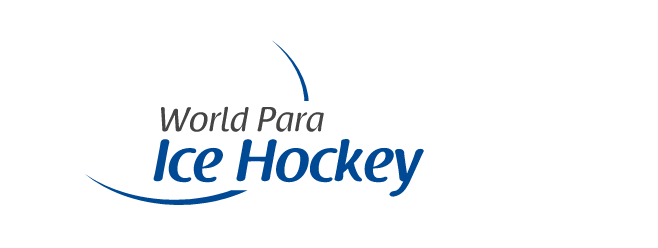
 Facebook
Facebook
 Instagram
Instagram
 Twitter
Twitter
 Youtube
Youtube





